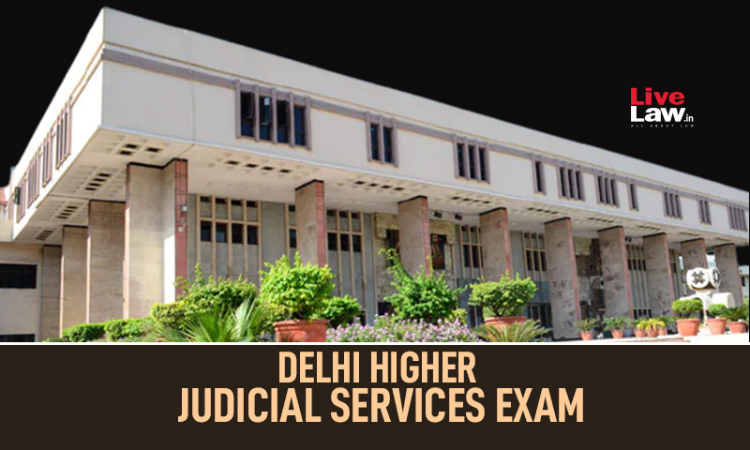DHJS Exam: High Court Refuses To Re-Evaluate Answer Sheet Of Aspirant Unsuccessful By One Mark
Nupur Thapliyal
14 Sept 2022 9:30 AM IST

Power under Article 226 can be exercised only in rare cases where manifest error in evaluation of exam papers is established.
Next Story


